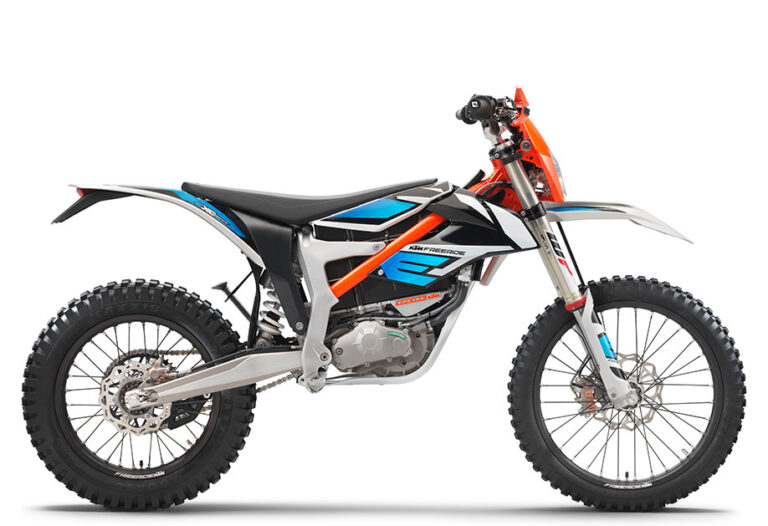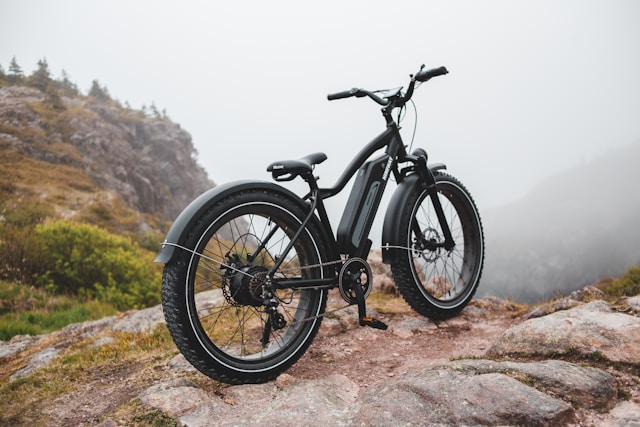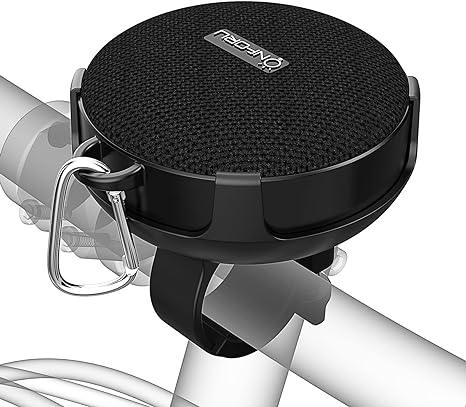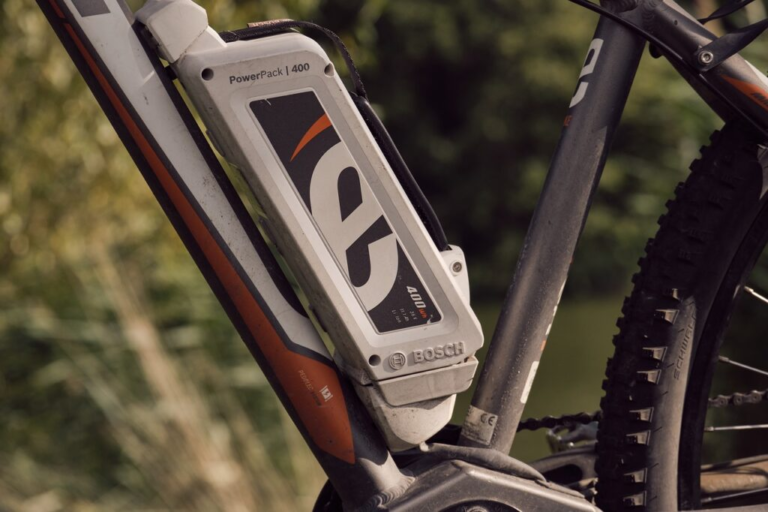Lyft’s Shift in Denver: From Dockless to Docked E-Bikes and Scooters
As Lyft transitions away from dockless e-bikes and scooters in Denver, several key questions remain about the future of micromobility in the city. The shift to a dock-based system, if implemented, could significantly impact how residents and visitors navigate Denver’s streets.
Implications for Riders
For Denver residents, the change from dockless to docked systems could alter the convenience and accessibility of shared micromobility options. Dockless systems allowed users to pick up and drop off bikes and scooters at virtually any location within the service area. A dock-based system, however, would require users to start and end their trips at designated docking stations, potentially adding a layer of planning to each journey.
The introduction of docked stations might also impact the overall availability and flexibility of shared bikes and scooters. While docks can help ensure better maintenance and organization of the vehicles, they could also create limitations on where users can start or end their trips. This change could be particularly notable for those who rely on the spontaneity and flexibility that dockless systems currently provide.
Benefits of Docked Systems
Docked systems have several potential advantages. They often lead to better vehicle upkeep and reduce instances of vandalism or improper parking, as bikes and scooters are returned to specific locations. This can enhance the overall user experience and ensure a more orderly system. Moreover, docked stations can be strategically placed to serve high-demand areas, improving access and reliability for users.
Bill Klehm, from eBliss, underscores that docked systems can be more efficient to manage and operate. Fewer human resources are needed to maintain and redistribute vehicles, and the clearly defined endpoints can streamline the system’s operation. This could also lead to better financial accountability and a more consistent user experience.
City’s Role and Response
The Denver City Council and the Department of Transportation and Infrastructure (DOTI) are closely monitoring Lyft’s transition and its potential impact on the city’s micromobility landscape. As they work to ensure continuity of service, officials are also exploring ways to integrate new solutions that align with Denver’s transportation goals. Nancy Kuhn, a DOTI spokesperson, has indicated that the city is committed to keeping micromobility options viable for all users and will collaborate with Lyft and other stakeholders to navigate the changes.
Lime’s Continued Presence
Lime’s commitment to Denver’s micromobility ecosystem provides a stabilizing factor as Lyft adjusts its strategy. With Lime’s focus on expanding its fleet and infrastructure, including new bike models and parking corrals, the company aims to maintain and even enhance the availability and usability of shared bikes and scooters in the city. Lime’s efforts to integrate safe-riding and proper-parking campaigns further demonstrate its dedication to a sustainable and user-friendly micromobility system.
Looking Ahead
The shift from dockless to docked systems represents a broader trend in the evolution of urban transportation. As cities like Denver continue to experiment with and refine their micromobility offerings, the focus will likely remain on balancing convenience, accessibility, and system sustainability. The outcome of Lyft’s transition will be closely watched, as it could set a precedent for other cities grappling with similar decisions.
For now, Denver riders should stay informed about any updates from Lyft and other micromobility providers, and be prepared for potential changes in how they access and use shared bikes and scooters. As the landscape evolves, the goal will be to ensure that shared micromobility remains a valuable and efficient option for urban transportation.
What do you think about Lyft’s shift from dockless to docked systems in Denver? How will this change impact your micromobility experience? Share your thoughts and experiences in the comments below! And don’t forget to subscribe to our blog for the latest updates on electric bikes and scooters in your city. Let’s keep the conversation rolling!
RELATED CONTENT
Kristina Grant is not just an enthusiast but a true authority on electric bikes. Nestled in the coastal beauty of Virginia, Kristina has found the perfect backdrop for her passion for electric biking. As a dedicated wife and homeschooling mom, her life revolves around family, faith, and the thrill of adventure.
Originally hailing from Ohio, Kristina's journey with electric bikes began as a curiosity and quickly evolved into a deep expertise. Her blog is a testament to her love for electric biking, combining her fascination for eco-friendly transportation with her coastal lifestyle.
When she's not cruising the beach on her electric bike, you'll find Kristina indulging in her other loves: long walks along the shore, getting lost in a good book, and cherishing moments with her loved ones. With a heart as big as her love for animals, especially cats, Kristina brings a unique perspective to the electric bike world, grounded in her strong faith in God and her dedication to a sustainable lifestyle.
Through her blog, Kristina shares her extensive knowledge of electric bikes, offering valuable insights, tips, and recommendations to fellow enthusiasts. Whether you're a seasoned rider or a newcomer to the electric bike scene, Kristina's blog is your go-to source for all things electric biking, fueled by her passion, expertise, and the scenic beauty of coastal Virginia.







